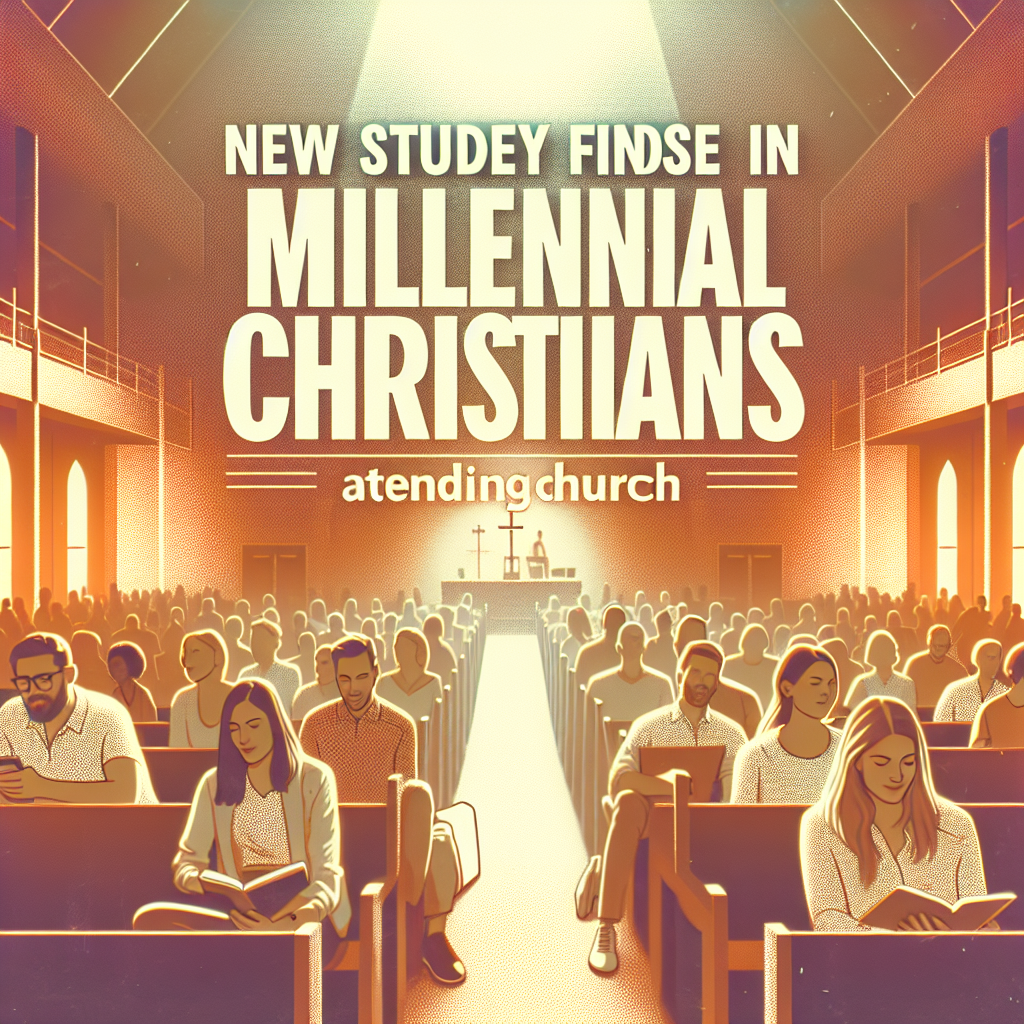A new study has found a significant rise in millennials attending church, defying previous trends of decreasing church attendance among young adults. The study, conducted by the Barna Group, surveyed over 1,000 millennials ages 18-35 and found that 47% of them reported attending church in the past month, compared to only 32% in a similar study conducted five years ago.
This increase in church attendance among millennials is a positive sign for the future of Christianity in the United States. For years, churches have been grappling with the challenge of engaging young adults and encouraging them to become active members of their faith communities. The rise in millennial attendance suggests that churches may be making strides in connecting with this demographic and meeting their spiritual needs.
According to the study, millennials who attend church regularly cited a variety of reasons for doing so. Many said they were seeking community and fellowship, while others mentioned a desire for spiritual growth and guidance. Some millennials also reported feeling a sense of purpose and belonging when they attended church, indicating that it plays an important role in their lives.
The study also found that millennials who attend church tend to be more engaged in other aspects of their faith as well. They are more likely to read the Bible regularly, pray, and participate in religious activities outside of church than their peers who do not attend.
This increase in church attendance among millennials may have far-reaching implications for the future of Christianity. As this demographic becomes the largest generation in the United States, their attitudes and behaviors towards faith and spirituality will shape the overall landscape of American Christianity. If churches can continue to engage and connect with millennials, this trend of increasing attendance could lead to a resurgence of Christian faith in the country.
Overall, the rise in millennial attendance at church is a hopeful sign for the future of Christianity. It suggests that young adults are still seeking out spiritual communities and connections, despite the challenges of our modern age. As churches continue to adapt and evolve to meet the needs of this generation, they may find a renewed sense of purpose and growth in their ministries.

